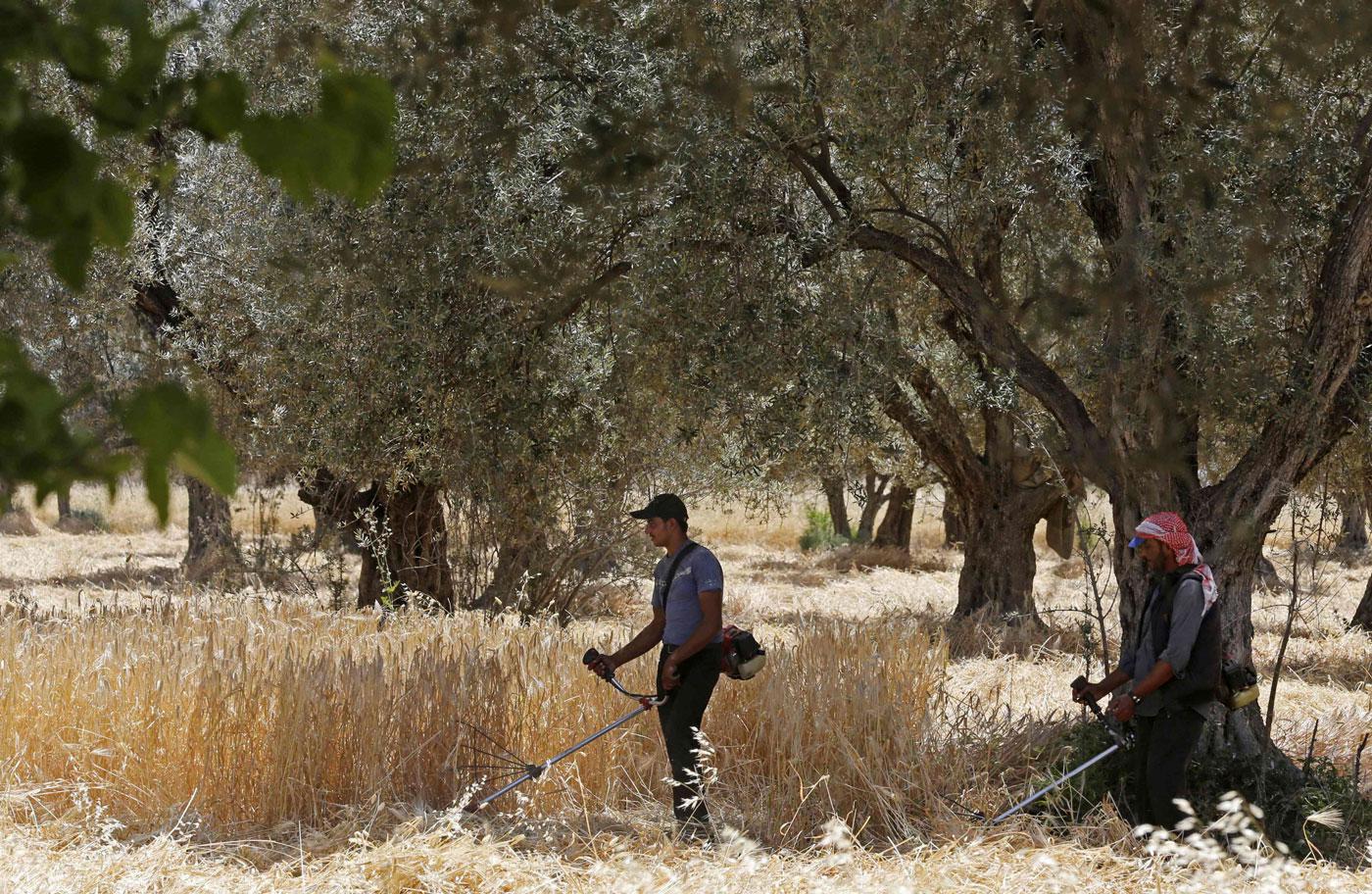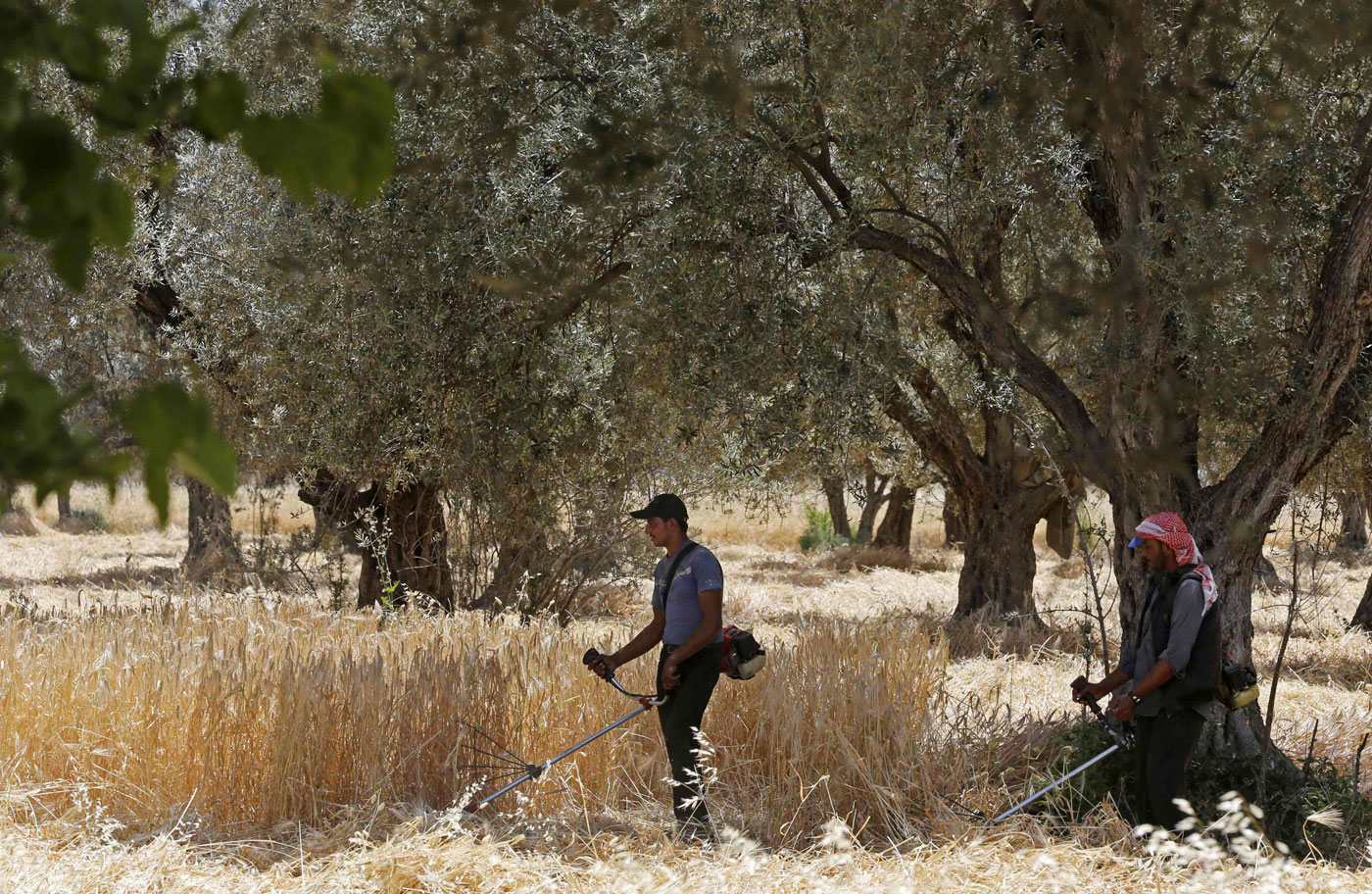Syria attempts to swap durum for soft wheat
DUBAI - Syria has issued a new tender to exchange 100,000 tonnes of its durum wheat for the same quantity of soft wheat for bread making, after failing to agree a deal in an initial attempted swap for Russian wheat, a government source said on Thursday.
Syria's General Establishment for Cereal Processing and Trade (Hoboob) originally issued a tender with a Sept. 17 deadline for offers, but no agreement was reached and the process was called off, the source said.
A new tender document seen by Reuters showed Syria's Hoboob was again seeking to barter 100,000 tonnes of local durum wheat for soft bread making wheat, this time with an Oct. 28 deadline for offers. nC6N24U01B
Swaps are relatively unusual in the wheat market, with cash purchases a more common way of acquiring new supply.
Wheat in Syria is used in the production of flat bread, a subsidised staple for a population that has suffered under a conflict estimated to have killed several hundred thousand people and forced millions to flee their homes since 2011.
Durum, usually used in pasta, is unsuitable for Syria's bread making needs.
Hoboob bought 900,000 tonnes of local wheat this season, with a United Nations report this month saying Syria's wheat and barley crops improved this year, helped by rainfall and better security. Still, food security remains a challenge.
The UN report estimated wheat production for the 2019 season at 2.2 million tonnes, up from the 29-year low of 1.2 million tonnes last year.
But the figure still falls far below the 4 million tonnes Syria was capable of producing prior to the war.
The steady fall in output has put President Bashar al-Assad's government under increasing pressure to import grain - a process complicated by financial sanctions.


